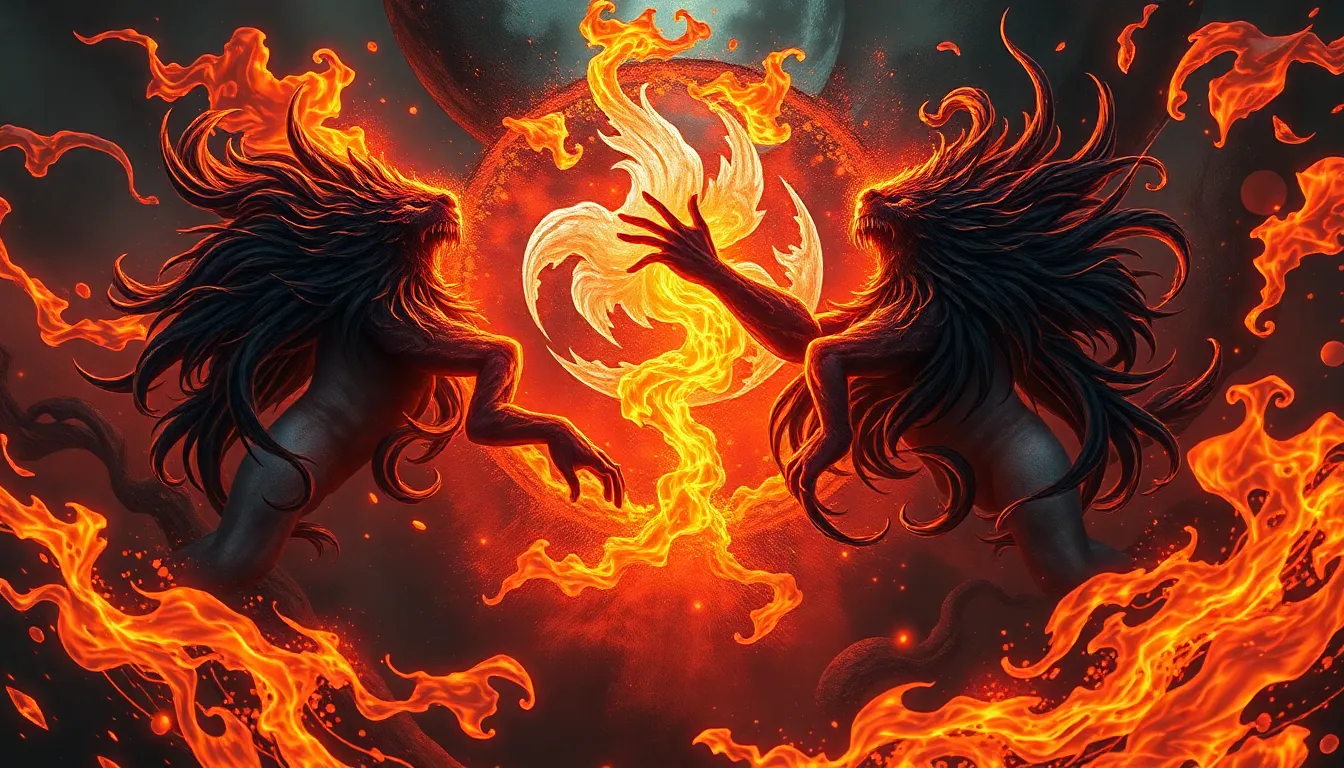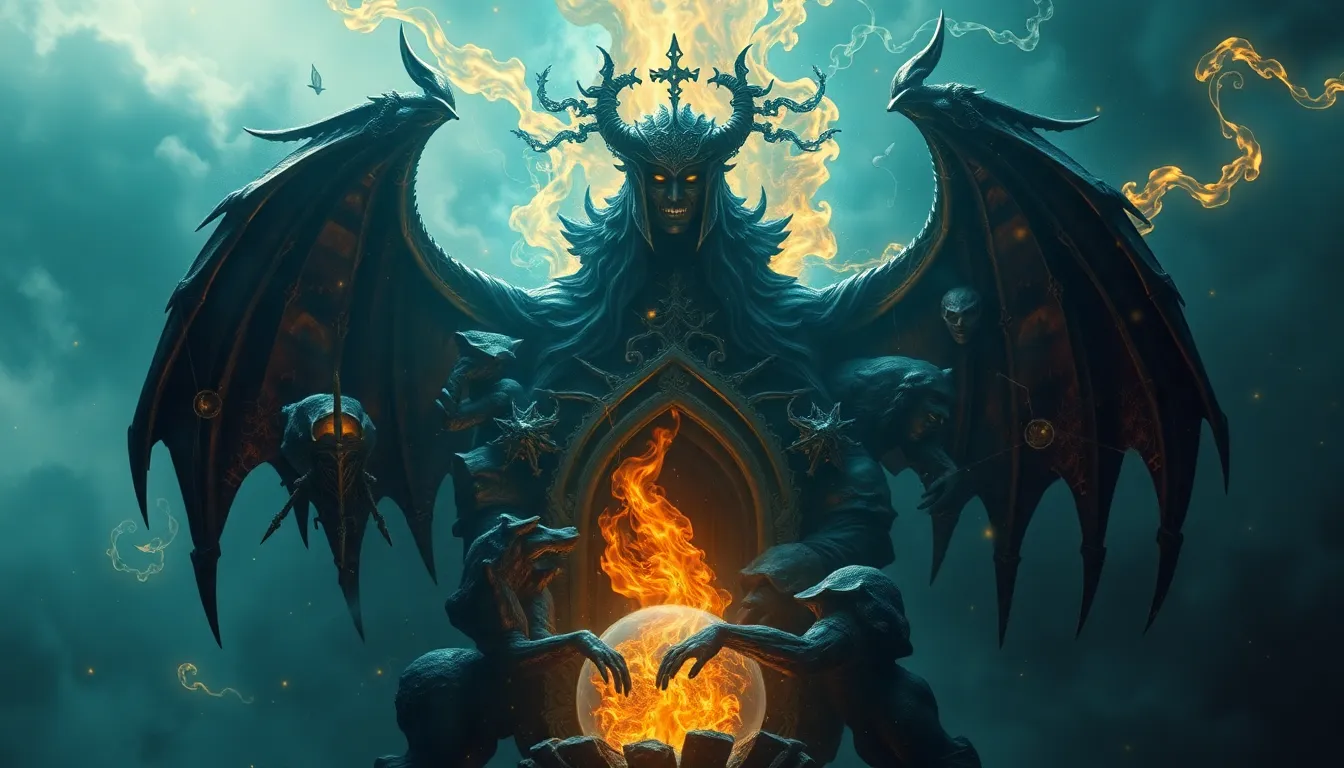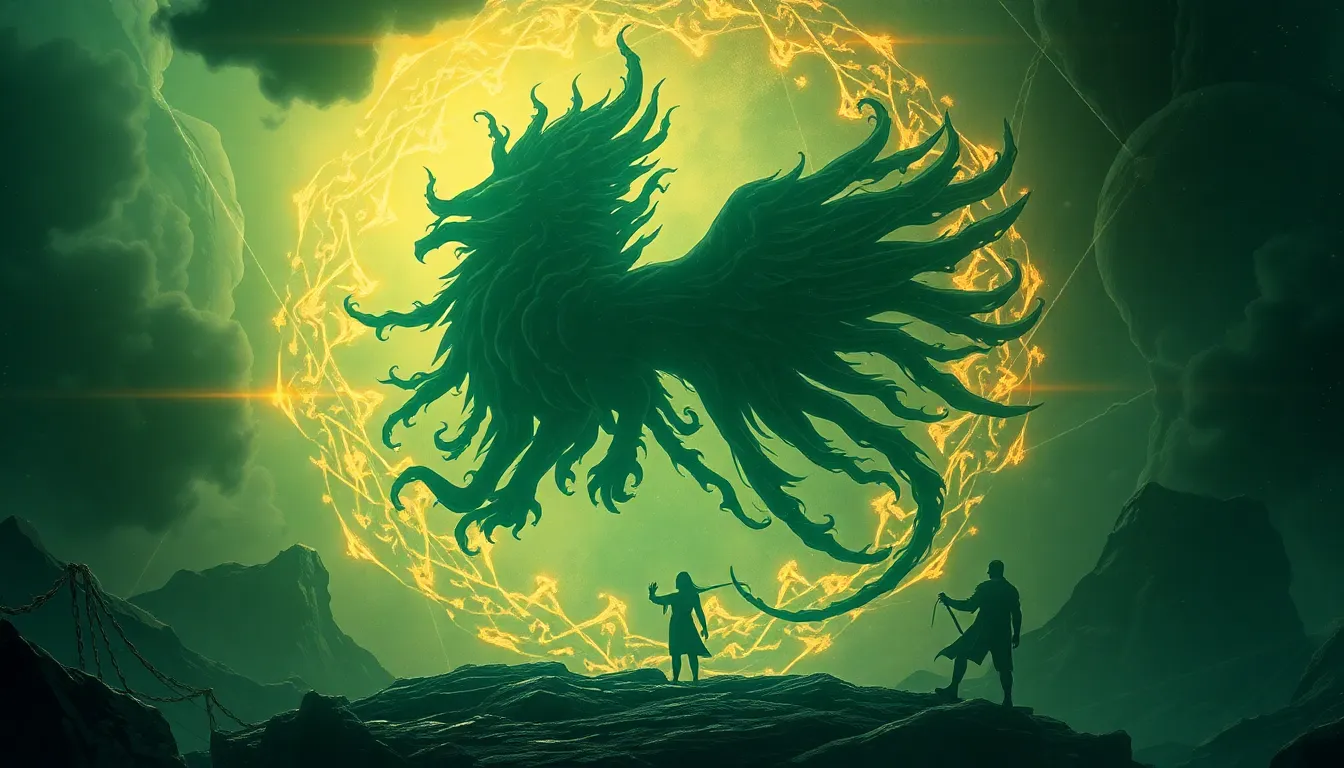The Power of Transformation: How Myths Reflect Our Inner Struggles
I. Introduction
Transformation is a central theme in myths across cultures, representing profound changes that often reflect the struggles and growth individuals experience in their lives. Myths serve as narratives that encapsulate psychological truths, providing insight into human behavior and emotions. This article explores the multifaceted role of transformation in myths, illustrating how these stories resonate with our inner struggles and desires for growth.
II. The Historical Context of Myths
Myths have origins deeply rooted in ancient cultures, serving various purposes such as explaining natural phenomena, validating rituals, and transmitting moral lessons. They encapsulate the beliefs, values, and experiences of the societies that created them.
- Origins and Purposes: Myths originated as oral traditions, evolving into written texts that conveyed complex ideas about existence, morality, and the human condition.
- Common Themes: Across civilizations, themes such as creation, destruction, heroism, and transformation recur, highlighting universal human experiences.
- Evolution of Myths: Over time, myths have adapted to changing cultural contexts, retaining their relevance and continuing to inspire new generations.
III. Psychological Interpretation of Myths
Jungian psychology offers a framework for understanding myths through the lens of archetypes—universal symbols and themes that resonate with the collective unconscious. Transformation in myths often mirrors personal identity shifts and societal changes.
- Transformation and Identity: Myths highlight the journey of self-discovery and the transformations that shape individual identities.
- Collective Unconscious: Myths reflect the shared struggles of humanity, depicting archetypal characters and situations that resonate across cultures.
IV. Mythic Heroes and Their Transformative Journeys
Hero archetypes in mythology exemplify the transformative journeys individuals undergo when facing challenges. Analyzing these heroes reveals valuable lessons about resilience and growth.
- Odysseus: His journey home is rife with trials that test his wit and strength, symbolizing the struggle to find one’s place in the world.
- Hercules: Undertaking impossible tasks, Hercules embodies the theme of overcoming adversity to achieve personal growth.
Both characters teach us that transformation often arises from facing and overcoming significant challenges.
V. The Role of Adversity in Transformation
Conflict is a central element in mythological narratives, serving as a catalyst for personal growth and transformation. The struggles faced by mythic characters often reflect the real-life challenges individuals confront.
- Conflict’s Importance: Adversity reveals character, prompting heroes to evolve and adapt.
- Personal Growth: The journey through adversity highlights that transformation often requires enduring hardship.
- Comparative Analysis: Myths such as the story of Job from the Bible or the tale of Prometheus illustrate resilience in the face of suffering.
VI. Symbolism of Transformation in Myths
Symbolism plays a crucial role in conveying the theme of transformation within myths. Common symbols include metamorphosis and rebirth, which carry rich psychological meanings.
- Metamorphosis: Often symbolizes profound change, as seen in the tale of Daphne transforming into a laurel tree.
- Rebirth: Stories like the Phoenix illustrate the cyclical nature of life, death, and renewal.
Nature and elemental forces frequently serve as symbols of transformation, reflecting the interconnectedness of human experiences and the world.
VII. Modern Interpretations of Mythical Transformations
Contemporary literature and media continue to reinterpret mythic themes, demonstrating their enduring relevance. From films to novels, elements of ancient myths find new expression in modern narratives.
- Self-Help Literature: Many self-help frameworks draw upon mythic themes, using ancient wisdom to guide personal growth.
- Case Studies: Modern stories like “The Hobbit” or “Harry Potter” echo transformational journeys, resonating with audiences worldwide.
VIII. The Connection Between Myths and Personal Narratives
Individuals often relate their personal struggles to mythological themes, finding comfort and guidance in these ancient stories. The therapeutic use of myths can facilitate personal growth and healing.
- Relating Personal Struggles: Many find parallels between their life challenges and the journeys of mythic heroes.
- Therapeutic Use: Storytelling rooted in myth can foster understanding and provide a framework for personal transformation.
- Examples: People often recount personal transformation narratives inspired by myths, using them as lenses to navigate their own challenges.
IX. The Global Perspective on Transformation Myths
Exploring transformation myths from diverse cultures reveals how cultural context shapes the understanding of transformation while highlighting its universal nature.
- Examination of Myths: Myths from cultures such as Native American, African, and Asian traditions often emphasize transformation in unique ways.
- Cultural Context: The interpretation of transformation can vary greatly depending on societal values and beliefs.
- Universal Nature: Despite differences, the theme of transformation resonates across societies, reflecting a shared human experience.
X. Conclusion
In summary, myths serve as powerful reflections of our inner struggles, illustrating the transformative journeys individuals undertake throughout life. The insights gained from studying these narratives can guide us in understanding our own experiences and facilitate personal growth. Embracing the lessons of transformation depicted in myths encourages us to explore our own journeys through the lens of these timeless stories.



